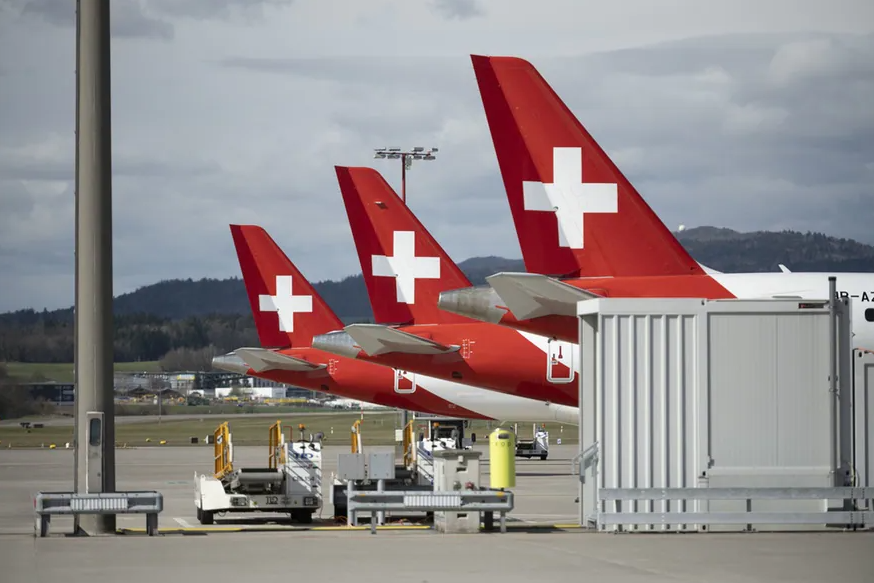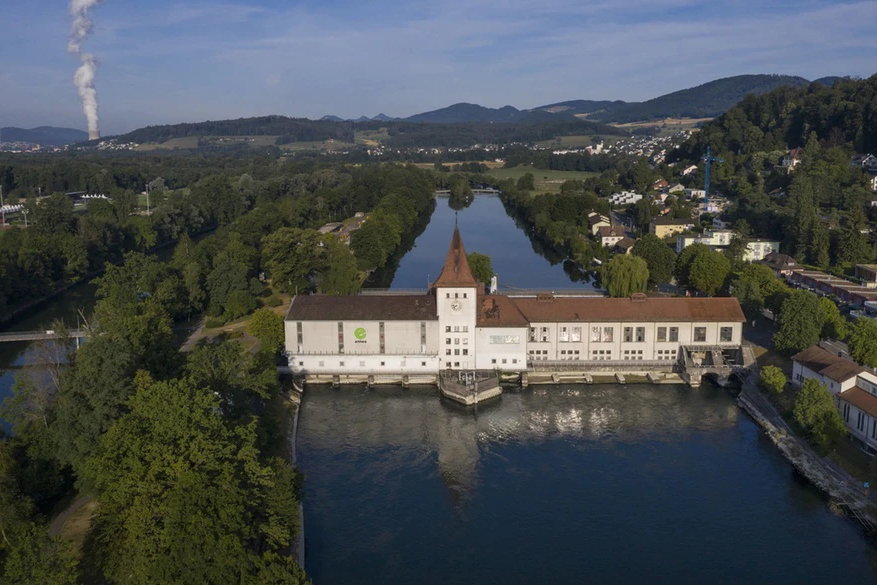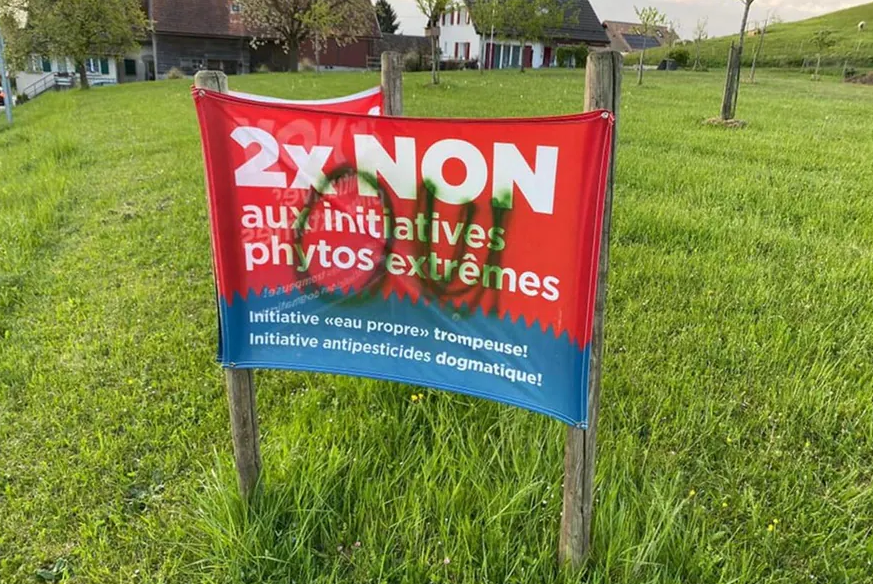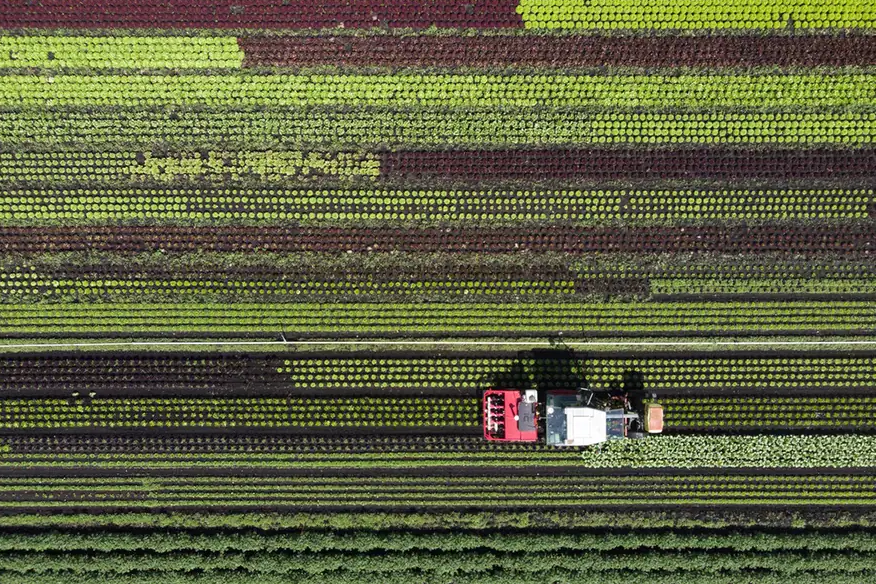Today, airplanes account for 2-3% of global carbon dioxide (CO2) emissions, but their share has been growing rapidly and is expected to triple by 2050. © Keystone / Christian Beutler The Swiss aviation sector, which includes Swiss International Air Lines and Zurich Airport, has pledged to slash CO2 emissions and make flying net zero by 2050. On Tuesday, Zurich, Geneva and Basel airports, together with SWISS, Easyjet, and the umbrella organisation Swiss Business Aviation Association (SSBA), published a statement of intent that confirms their support for the Paris Climate Agreement and the Swiss government’s plans to reduce net carbon emissions to zero by 2050. The document outlines a series of specfic measures it intends to implement to cut emissions. “Climate
Topics:
Swissinfo considers the following as important: 3.) Swissinfo Business and Economy, 3) Swiss Markets and News, environment, Featured, newsletter
This could be interesting, too:
Nachrichten Ticker - www.finanzen.ch writes Die Performance der Kryptowährungen in KW 9: Das hat sich bei Bitcoin, Ether & Co. getan
Nachrichten Ticker - www.finanzen.ch writes Wer verbirgt sich hinter der Ethereum-Technologie?
Martin Hartmann writes Eine Analyse nach den Lehren von Milton Friedman
Marc Chandler writes March 2025 Monthly

Today, airplanes account for 2-3% of global carbon dioxide (CO2) emissions, but their share has been growing rapidly and is expected to triple by 2050. © Keystone / Christian Beutler
The Swiss aviation sector, which includes Swiss International Air Lines and Zurich Airport, has pledged to slash CO2 emissions and make flying net zero by 2050.
On Tuesday, Zurich, Geneva and Basel airports, together with SWISS, Easyjet, and the umbrella organisation Swiss Business Aviation Association (SSBA), published a statement of intent that confirms their support for the Paris Climate Agreement and the Swiss government’s plans to reduce net carbon emissions to zero by 2050. The document outlines a series of specfic measures it intends to implement to cut emissions.
“Climate change is one of the greatest challenges of our time. There is wide consensus that CO2 emissions must be reduced to avoid the serious consequences,” the key players said in a joint press release.
In the statement, the Swiss aviation sector said it planned to reduce CO2 emissions based on a “Road Map Sustainable Aviation” study and reportExternal link, which has been drawn up by the Aviation Research Center Switzerland (ARCS) and aviation experts.
Their declaration focuses on four specific measures: progressively replacing kerosene with jet biofuels or alternative synthetic fuels, using more energy-saving aircraft, operating aircraft on the ground and in the air in a more energy-efficient manner, and investing in carbon offset projects.
The organisations urged the Swiss federal authorities to actively support their road map, in particular via the development of sustainable aviation fuels.
Today, airplanes account for 2-3% of global carbon dioxide (CO2) emissions, but their share has been growing rapidly and is expected to triple by 2050 as demand for flights – both passenger and freight – increases around the world.
Experts agree that there is no silver bullet to help aviation become greener and that a series of measures will have to be implemented in the coming decades. These include more fuel-efficient aircraft designs, electric planes and green jet fuels.
Tags: Environment,Featured,newsletter








